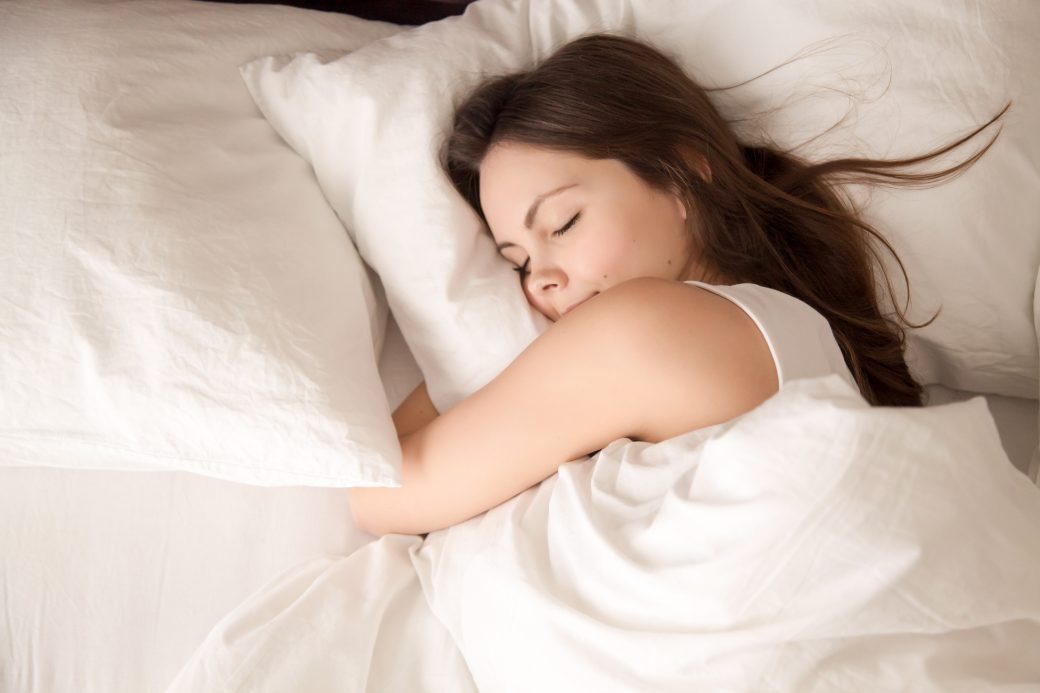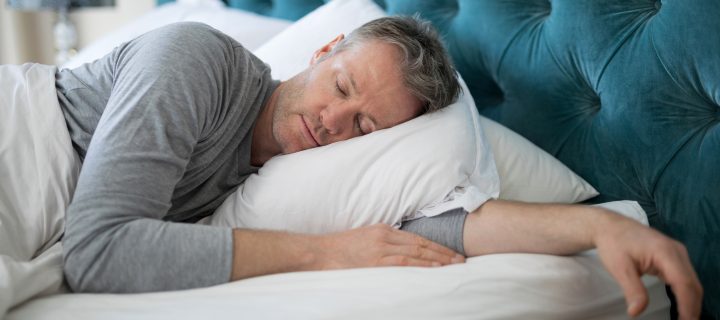Everyone’s guilty of it: those late weekend nights, where you try to extract as much leisure time out of 48 hours as possible, only to return Monday morning exhausted and cranky.
Besides being as friendly as an ogre, that sleeping pattern could be wreaking havoc on your health, a new study suggests.
The research, presented at SLEEP, the annual meeting of the Associated Professional Sleep Societies, has coined the phenomena ‘social jet lag’. That’s what they’re using to reference that pattern of waking up early on weekdays for work, but staying up late to socialize and sleep in on weekends.

The study found social jet lag leading to poorer health, bad moods, and – unsurprisingly – sleepiness and fatigue. Each hour of social jet lag has been linked to an 11% increase in heart disease risk. And just one hour is enough to do some damage to your health.
“These results indicate that sleep regularity, beyond sleep duration alone, plays a significant role in our health,” said lead author Sierra B. Forbush, an undergraduate research assistant in the Sleep and Health Research Program.
Related: This is why you shouldn’t sleep with wet hair
The research analyzed survey responses from nearly 1000 adult participants between the ages 22-60. The results don’t show whether disrupted sleep schedules cause poorer health, but it was determined there is indeed some semblance of a link.
Forbush says their findings build on the evidence that a regular sleep schedule is key to good health.
“This suggests that a regular sleep schedule may be an effective, relatively simple, and inexpensive preventative treatment for heart disease as well as many other health problems.”
The American Academy of Sleep Medicine recommends adults sleep seven or more hours per night on a regular basis for optimal, peak health.
Photo Credit: wavebreakmedia/Shutterstock.com; fizkes/Shutterstock.com












